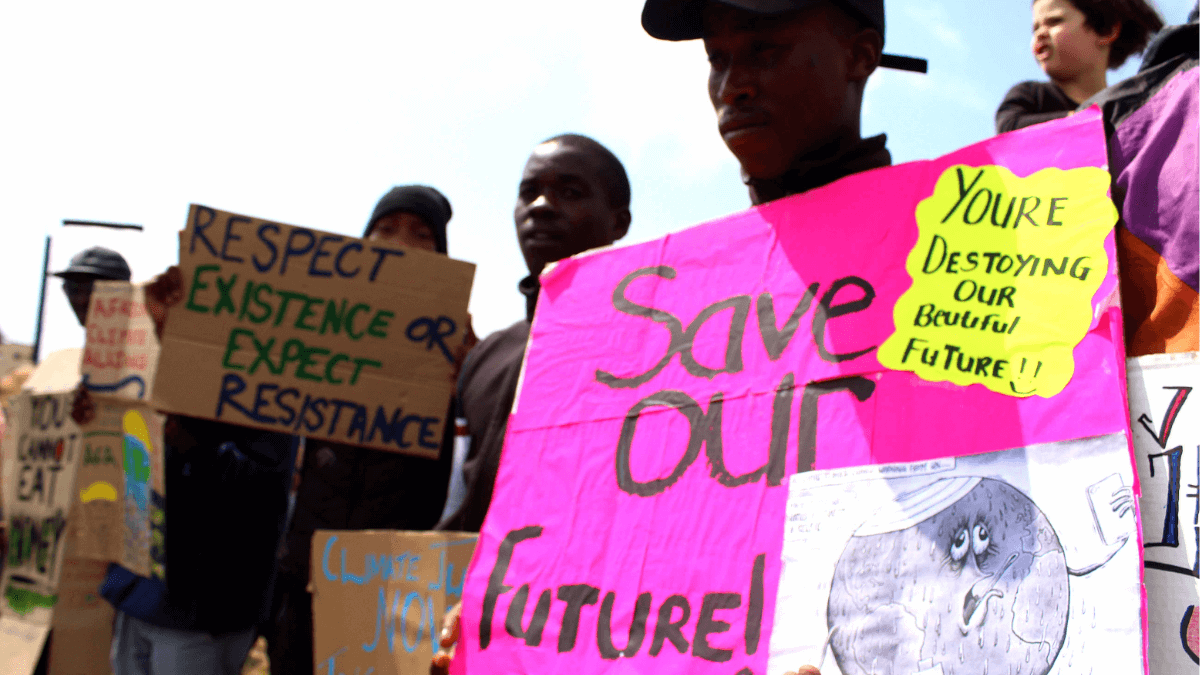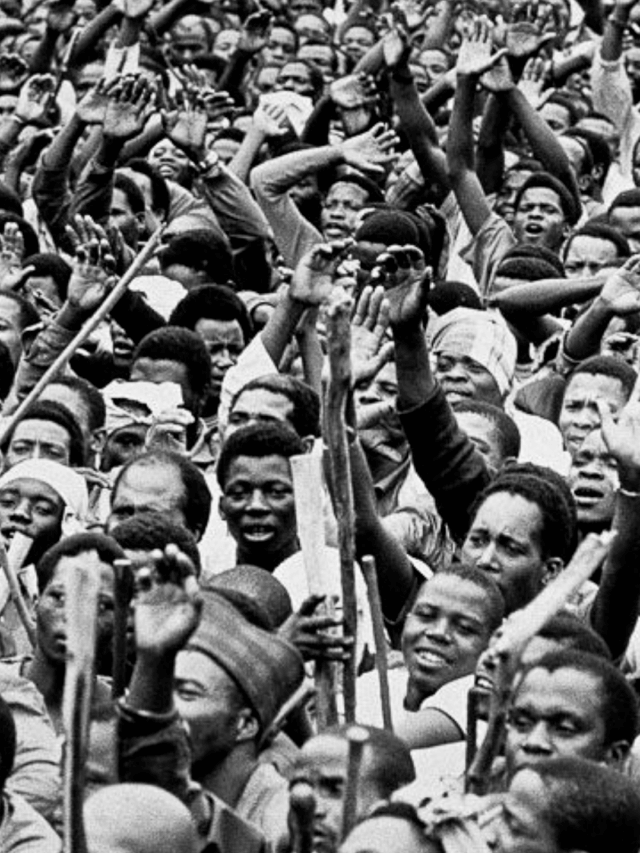Why African Movements Are a Turning Point
Discover the powerful movements reshaping African politics, exposing corruption, and inspiring global action for justice.

African Actions That Shake Oppressive Systems
Across Africa, a wave of unrest and mobilization is creating seismic changes in political landscapes. People are stepping up against oppressive systems, often at great personal risk. Here’s why these actions are both necessary and transformative:
- Corruption Fuels Discontent: Years of entrenched corruption in South Africa’s leadership, particularly within the ANC, have led to widespread protests. With unemployment at 33%, public patience has run thin. Events such as looting during Zuma’s trial highlight how unresolved tensions drive instability.
- Democratic Failures: In many African nations, long-standing ruling parties fail to address citizens’ needs. This stagnation breeds resentment. Movements like those in South Africa signal a demand for accountability and justice from leadership.
- Self-Protection Emerges: Communities in regions like KwaZulu-Natal have begun protecting themselves amidst government inaction. This grassroots resistance highlights the resilience of African citizens facing systemic failures.
- Regional Repercussions: Leaders across Africa are closely watching South Africa’s unraveling. Many governments fear similar uprisings as dissatisfaction over human rights abuses and economic crises grow.
- A Call for Justice: Organizations like Human Rights Watch urge for accountability, but local voices demand immediate change. Trials and protests in various African countries underscore a universal yearning for fairness and democratic integrity.
African citizens are demonstrating that action is essential for justice and reform. These movements serve as a warning to complacent leaders: ignoring people’s voices comes at a steep cost.





